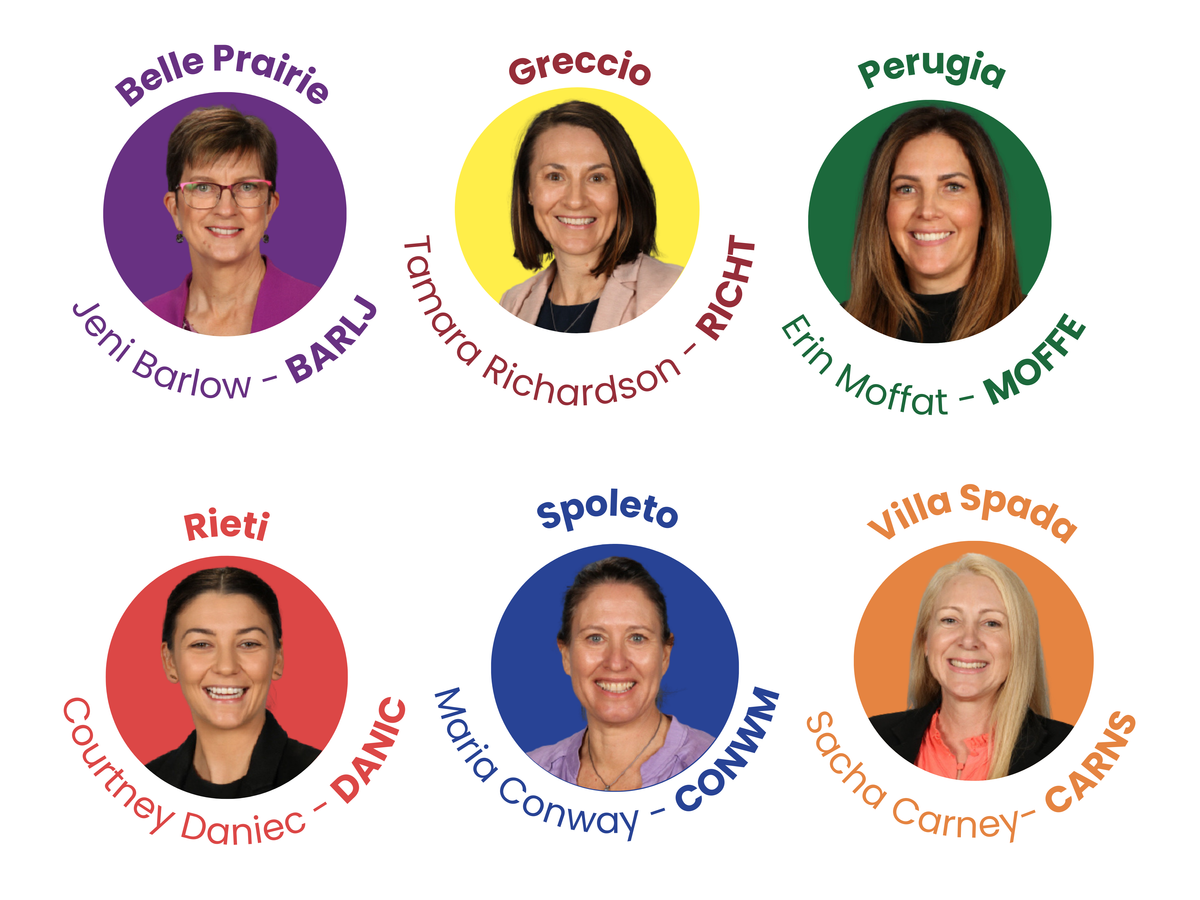Heads of House

The Hidden Currency of Schoolyard Gossip and How to Address it
Imagine this: your child comes home from school, is unusually quiet, and goes straight to their bedroom. When you ask what’s wrong, you hear, “People were talking about me today”. Naturally, you feel for your child, knowing that gossip is insidious, pervasive, quick to spread and challenging to counteract.
Gossip is the sharing of information about another person who is not present. Usually, personal judgments are included. It is prevalent in adults and children, across social classes and genders. A study from the Australian National University found that the average person spends nearly an hour a day engaged in gossip, with most being either neutral or positive. Time Magazine further supports ANU’s research, citing the type and prevalence of gossip:
* Neutral – the exchange of information to create a connection, and the most common type of gossip (75% according to Time Magazine).
* Positive – conversations that celebrate others’ successes, are uplifting, affirming and help reinforce good behaviour (9%)
* Negative – the kind that is hurtful, and leads to misunderstandings, damaged friendships, and social exclusion.
Why Do Children Engage in Gossip? Gossip serves several social functions:
- Building Social Bonds – Sharing information, whether accurate or exaggerated, unifies group members.
- Defining Social Norms – The use of gossip to determine what is acceptable and what isn’t within their peer circles.
- Gossip is currency – Being “in the know” makes a child feel important and influential.
- Entertainment and distraction – Whispered conversations about classmates provide a thrill, making school life more exciting.
- Belonging and identity – ‘us versus them’ mentality. It is a way of forming groups, establishing boundaries, and excluding others.
It must be noted that children who frequently engage in gossip also experience consequences. Research from the University of Sydney found that “chronic gossipers” were less trusted by their peers and often struggled with maintaining meaningful long-term friendships.
So, how can we challenge gossip at and beyond school? Learning the skills and being confident to call out gossip when it occurs is essential. Here are some responses to gossipers worth teaching our young people:
“Why are you telling me this information?”
Really? It is a shame you think this because I know they speak highly of you!”
“I would prefer we not speak about Susan. What are you doing this weekend?”
“Susan is my friend and please don’t criticise her.”
How can parents/carers help a child who gossips about others?
- Foster Open Conversations – Ask your child about their social experiences without judgment. If they share gossip, explore why they felt the need to talk about it.
- Teach Empathy – Help children consider how they would feel if someone spread rumours about them.
- Encourage Positive Gossip – Shift the conversation to highlighting good things about others rather than focusing on the negative.
- Model Healthy Communication – Children learn from adults. Be mindful of the way you speak about others at home.
While gossip will never disappear completely, fostering a culture of respect and open communication can lessen its negative impact. Respect and open communication are taught in Mt Alvernia’s Personal Best program, explored and practised in Homerooms and underpin the social dynamics of our community. Furthermore, schools and parents/carers working together can help children to recognize the difference between harmless conversation and harmful talk. By giving children the tools to navigate social dynamics with kindness and integrity, we empower them to create more supportive friendships and a healthier school environment.
At the end of the day, the question isn’t just what our children are saying about others—it’s why they feel the need to say it. If we can help them understand that, we’re not just stopping gossip; we’re teaching them to build relationships that are rooted in trust, kindness, and mutual respect.
Bibliography
Australian National University. (2022). Social Dynamics of Gossip in School Communities. Canberra, ACT.
Australian Journal of Psychology. (2022). The Psychological Effects of Peer Gossip on Adolescents. Sydney, NSW.
Australian Psychological Society. (2022). Gossip, Anxiety, and Adolescent Wellbeing. Melbourne, VIC.
Guendouzi, J. (2020). Social functions of gossip in adolescent girl’s talk. Discourse Studies, 22(6), 678-696. https://doi.org/10.1177/1461445620928232
Gottfried, S (2019, September 25). Why do people gossip? Here's what science says. TIME. https://time.com/5680457/why-do-people-gossip/
University of Sydney. (2023). Peer Relations and the Role of Gossip in Childhood Friendships. Sydney, NSW.

